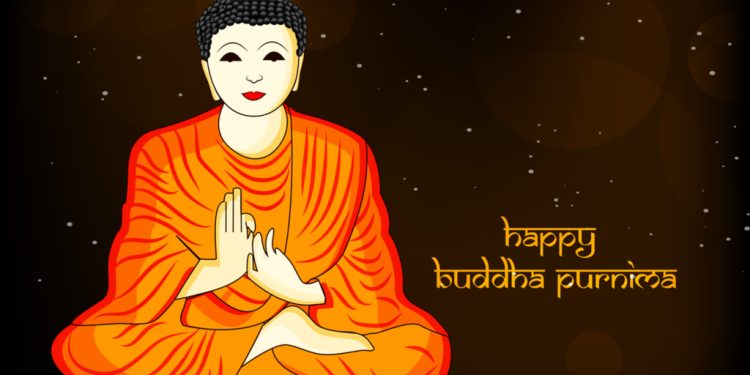
Buddha Purnima
Buddha Purnima is a holiday that is usually celebrated on the first full moon of May and is used to commemorate the birth, enlightenment, and death of Siddhārtha Gautama (also known as Gautama Buddha). Government offices and banks are typically closed on this day.
History
Siddhārtha Gautama, known simply as Buddha to most, was a sage and spiritual leader whose teachings helped found Buddhism. He was born sometime between the sixth and fourth centuries BCE and is considered by most to be the Supreme Buddha. Most of his teachings were passed down by oral tradition until about four hundred years after his death when they were finally written down.
This holiday was formalized in May 1950 during a conference of the World Fellowship of Buddhists in Sri Lanka. While it is usually celebrated on the first full moon of May, it may also be celebrated on the second full moon of May if one occurs during that month.
Customs, Traditions, and Observances
Most of the celebrations observed on this day revolve around the teachings of Buddha. For instance, many people will spend the day in temples to meditate and reflect upon their lives. Some participants will also give money, food, or clothes to the poor or release caged animals to show their appreciation for all living things, as Buddha taught.
A common practice among Buddhists is to visit a statue of Buddha as a baby that is often set up in one of the many temples on Buddha Purnima. They will then pour water over the statue to symbolize a new beginning. Some Buddhists will spend the day eating vegetarian food as well.
